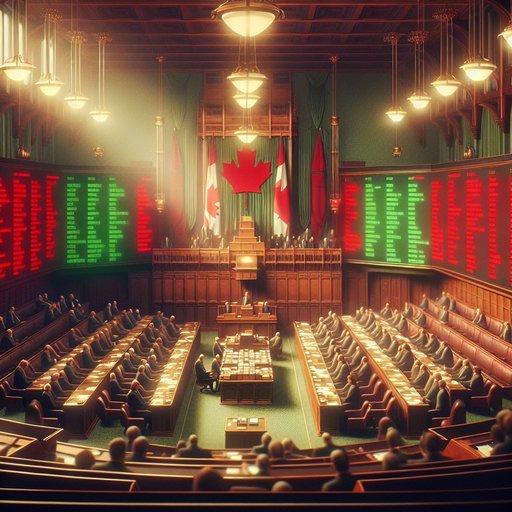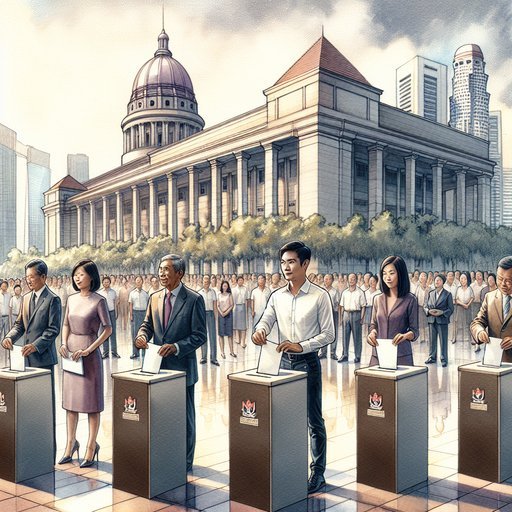
In a high-stakes meeting in Brussels, European Union leaders announced a fresh round of sanctions targeting Russia, emphasizing a firm stance amidst ongoing geopolitical tensions. The decision came as EU officials deliberated on a broad agenda including tariffs and Middle East policies. The sanctions aim to pressure Russia in response to recent military maneuvers perceived as provocative by EU member states [5].

In a landmark decision, Spain's Constitutional Court has backed a controversial amnesty law granting clemency to Catalan separatists involved in the push for independence. The ruling, delivered amidst heightened political tensions, aims to foster dialogue and reconciliation within the deeply divided nation [3]. However, the decision has polarized political opinion, with proponents hailing it as a step toward national unity and critics expressing concerns about the implications for Spain’s legal integrity.

The recent NATO summit in the Netherlands, characterized by its 'transformational' and 'historic' outcomes, has set a new direction for the alliance's future. With significant focus on defense spending and operational readiness, the member countries have pledged to enhance their military budgets to confront emerging global threats [1]. This development marks a pivotal shift in how NATO plans to operate amidst changing geopolitical dynamics.

The recent political developments following Zohran Mamdani's victory in the Democratic primary have set off a whirlwind of debate, highlighting deep-seated ideological divides within U.S. politics. As both left and right-wing narratives crystallize, public discourse is increasingly polarized, with each faction attempting to frame the incoming political landscape in terms most favorable to their constituents.

In a historic departure from tradition, South Korean President Lee Jae Myung has nominated a civilian, a liberal lawmaker with five terms under his belt, as the new defense minister. This significant appointment marks the first time in 64 years that a civilian will hold this position, setting a bold new course for the country's defense policies and signaling a potential shift toward more civilian oversight in military affairs.

In a significant twist to European environmental policy, the European Union's decision to abandon its anti-greenwashing rules has ignited a heated discussion across political lines. Originally set to regulate misleading green claims, the directive faced staunch opposition from right-wing lawmakers who successfully pressured the EU executive into shelving the initiative. This debate not only underscores a critical moment for sustainable regulations but also highlights the growing ideological rift within legislative processes across Europe and beyond.

As the U.S. Senate navigates the turbulent waters of President Donald Trump’s proposed budget bill, key provisions remain under intense scrutiny. The Senate parliamentarian recently deemed a controversial clause that sought to shield Trump from lawsuits as impermissible, turning attention back to core financial concerns. Within this backdrop, debate rages over the bill's implications on immigration enforcement, healthcare, and the national deficit.

In a bold move, the United Nations announced a fresh round of sanctions targeting Iran amidst its ongoing conflict with Israel. Despite growing international pressure, diplomatic progress remains scant, as the tensions escalate with no resolution in sight.

Spain recently voiced its firm opposition to increasing defense spending to meet former U.S. President Donald Trump's proposed benchmark of 5% of GDP for NATO member states. This decision comes amid ongoing geopolitical tensions, particularly over defense allocations, and showcases Spain’s divergent approach to military expenditure compared to some of its allies.

In a development signaling continuity in Singapore's parliamentary leadership, Mr. Seah Kian Peng is set to be nominated for re-election as Speaker of Parliament when the House gathers on September 5. This announcement comes amid a period where leadership roles are being closely watched for any shifts that could impact policy decisions. Alongside him, Indranee Rajah will continue her role as House Leader, keeping a steady hand at the helm during legislative processes.
























